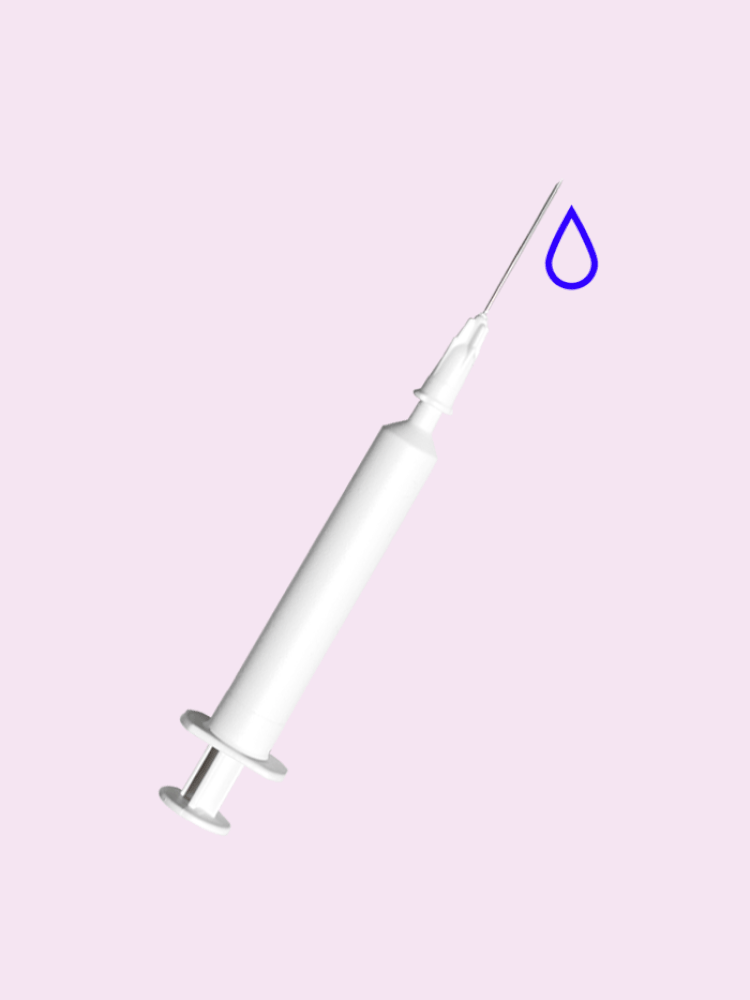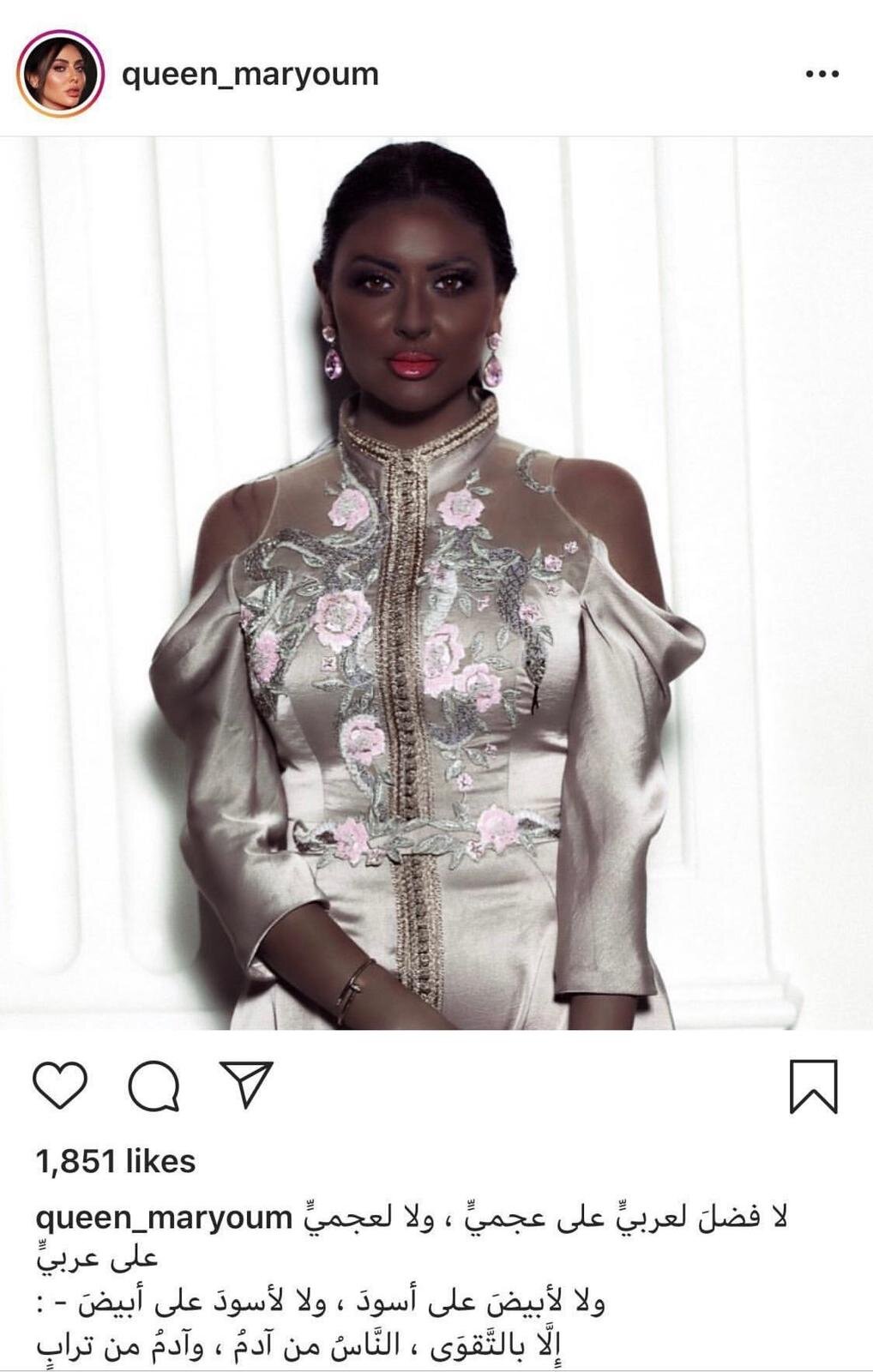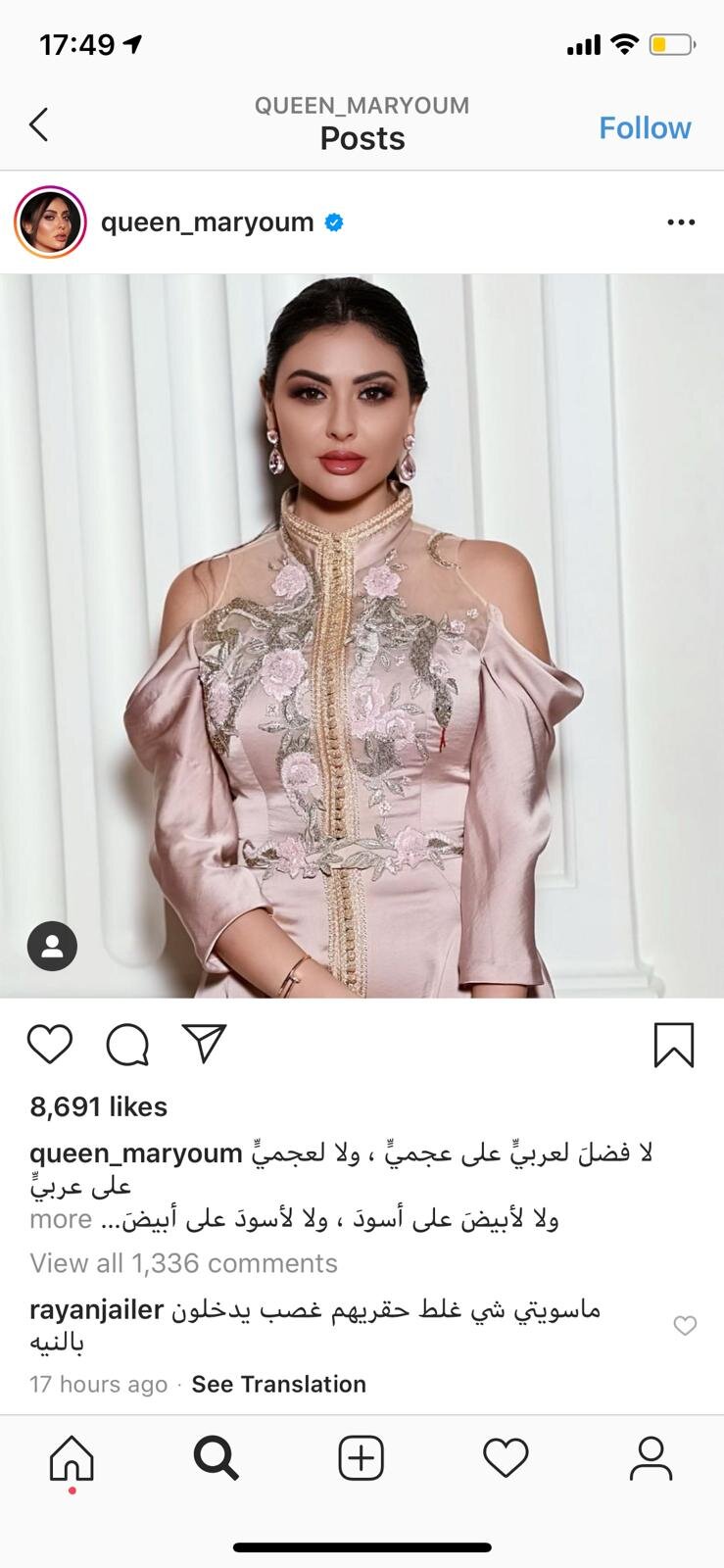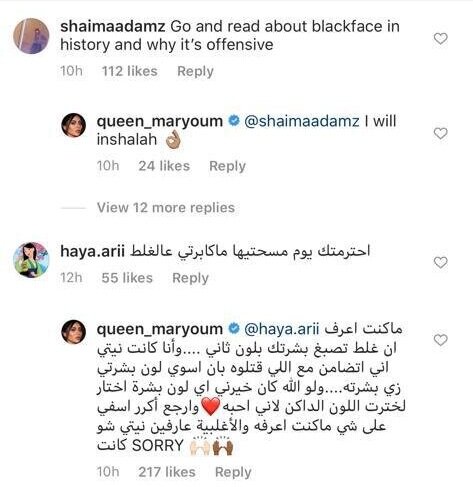To vaccinate or not to vaccinate?
I was resistant at first. I didn’t want to be a guinea pig. I worried that it would affect my ability to have healthy children one day. I don’t trust big pharma.
I don’t trust anyone in power, anymore, really.
Kuwait moved fast when the Pfizer vaccine was announced, ordering one million doses right off the bat. We also got 200,000 doses of AstraZeneca, the Oxford vaccine.
When it comes to corona vaccines, there’s a myriad of reasons to resist taking one. Of course, there’s the paranoia that Bill Gates really does want to implant us all with microchips. Once you reason your way through that one, as well as the big fear of being injected with mRNA, it just seems too soon to take a vaccine — it essentially has only been a year that we’ve been dealing with corona on a global scale. And most vaccines in history have taken years and even decades to be approved, not months. There have been some scary failures when it comes to vaccines, notably by Pfizer themselves. And let’s not get started on the new British and South African strains and how resistant they may or may not be to the existing vaccines available.
All that being said, my mom signed me up for the Kuwait government’s vaccination program (I had been planning on waiting at least six months to see if there any issues or glaring side effects). I received a text message informing me of my appointment for Tuesday, February 16th, 2021, and I found myself facing a dilemma. Here were my personal reasons for and against taking the vaccines:
FOR
Um, so that corona doesn’t make me super sick if I am to get it.
It’s a responsible thing to do (and even a socialist one as a friend suggested) in order to minimize the spread of the virus to others (although you can still spread corona after you’ve been vaccinated, the degree is lessened).
To have an easier time traveling in the future if there is such thing as an immunity passport or whatever.
Being vaccinated against Covid-19 can help keep other strains from developing.
AGAINST
Humans corrupt everything, and even the way we vaccinate is absolutely abhorrent. Kuwait is absolutely inexcusable for its classist policies, whereby nationals were vaccinated before expats.
Read more about Vaccinationalism throughout the world, and Cuba’s approach, which is pretty interesting.
Given that these vaccines are not as effective as we’d hope, why not wait until there’s a more effective one?
Immunity passports have the potential to be super, super invasive of privacy.
So, I still decided to get vaccinated because my appointment was assigned before it was announced that Kuwait would prioritize nationality over need. It was a super-efficient process but my reaction was pretty severe. Thankfully, I didn’t have the terrible headaches most of my friends complained of, but I did have: a fever that came and went for 24 hours, body aches, and body-wracking chills that were unlike any I’ve ever had.
Here’s the weird part. On Sunday night (the sixth night after I got vaccinated), I was woken up by fiery itchiness in my legs. I was convinced there was a family of spiders feasting on my skin. Sure enough, I found a pretty intense rash the next day, and internet research showed me that hives and rashes are a common side effect of corona (and the corona vaccine). There’s even something called covid toes! And a really scary inflammatory response in children. I took an anti-histamine and it cleared right up.
Now that the physical reaction has faded, I have the opportunity to unpack my psychological one. First of all, I felt immense empathy with people who have had full-blown covid. The virus feels like a really unrelenting bully hopped up on ego and otherworldly powers. It really didn’t feel anything like any flu I’ve ever had before.
Second, I have a mixed reaction between feeling optimistic and pessimistic. Optimistic because I feel like my immune system has been upgraded (the first shot gives me 64% protection against corona). Pessimistic because, according to that same article, we should have actually been given half a dose to reach 90% efficacy. That intense first full dose will actually only lead to 70% efficacy once both shots have been administered. All of this research is constantly changing, so let’s see how it all plays out. For now, nothing has really changed. I’m still susceptible to both catching and spreading the disease.
It feels like what I truly need is a strong shot of patience.
From my journal in the early hours of February 17:
Up in the middle of the night after being vaccinated! Woke up shivering — took Panadol and added blankets and sweater. I’m warm now. Still alert though. Strange to be inviting this virus into my body, to have a physical representation of what we’ve been going through mentally. It’s like there’s a speed bump unlike any other people have collectively seen in this lifetime (although I’d argue that sexism and racism are just a big a speed bump)…
Corona is such a big bump that we can’t see over the top of it. And the vaccine reaction, whilst much more finite, is still your body slowing down, much like what’s happening in the world.








